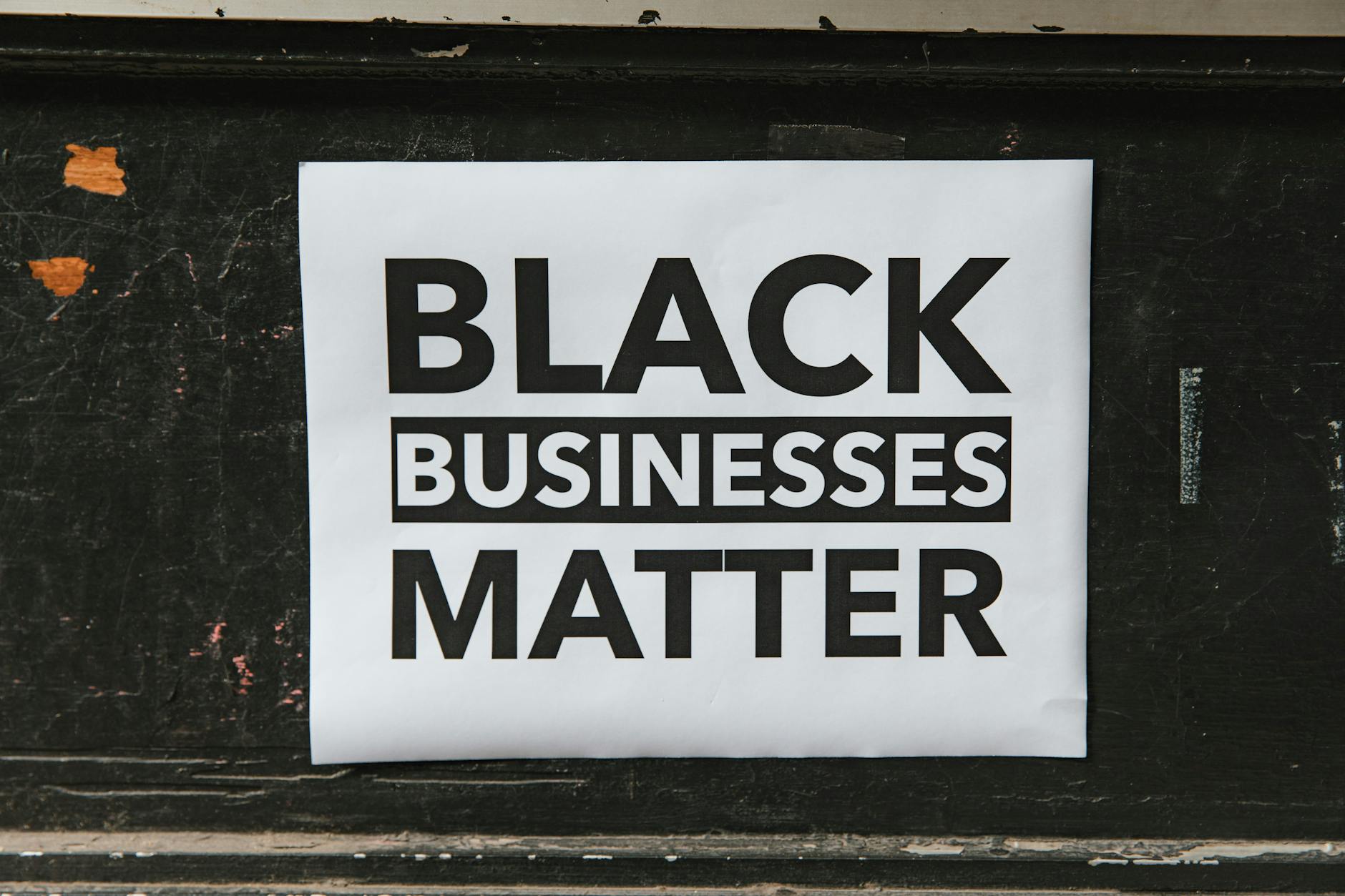Black-Owned Businesses Left Behind: Agency Executives Examine Post-George Floyd Financial Struggles

In the wake of the massive protests against racial injustice in May 2020, brands pledged billions of dollars and set ambitious goals to diversify their workforces and support Black-owned businesses.
Minority-owned agency executives indicate that four years after the death of George Floyd, many of the financial commitments made to Black-owned businesses have decreased year-over-year since 2020.
In spite of this, there are a few exceptions, as Pepsi Dig In and Walmart not only spotlight black-owned businesses throughout the year, but also allocate marketing dollars to them through a number of programs throughout the year.
Diverse, equity, and inclusion (DEI) initiatives have been aggressively opposed by conservatives, resulting in the diversion of marketing dollars intended to encourage diversity and support minority-owned businesses. As a result of the Supreme Court ruling against affirmative action in college admissions, these efforts have intensified. Due to the continued diverging of funds, Black-owned businesses did not receive the same support they were promised.
Challenges and Solutions in Tracking DEI Commitments
Agency executives agreed that commitments to racial justice have not been tracked adequately, resulting in a lack of clarity and misinformation. They suggested that without proper mechanisms to quantify pledges and investments, it is challenging to assess the true impact and progress of these initiatives. Implementing more robust tracking and reporting systems was emphasized as essential for ensuring accountability and transparency.
Page Society’s Chief Diversity Officer, Carolmella Glover, said leading brands and organizations expressed commitment to racial justice and equity initiatives during the height of discussions surrounding the murder of George Floyd. Though there might seem to be so many broken promises, there are so many other horrors gaining media attention that some companies are rightfully placing more focus on issues relating to children.
“Unfortunately, in some cases, it takes attention away from previous commitments or slows progress toward the goals set for company accountability, equity advances, and the grand gestures that stemmed from #BlackLivesMatter,” said Glover. “Having many peers who were in that tough situation, I would say some have not met their desired timetables, and a few have fallen off the radar completely, but it is not across the board.”
Lori Hall, co-founder and head of creative for Pop’N Creative, noted that due to recent backlash against DEI, many brands have reduced their public commitment to racial justice. Major corporations often aim to appeal to all customers rather than taking a strong stand for an underrepresented group. In the wake of George Floyd’s death and the widespread frustration it sparked, many companies quickly showed support for racial justice, either out of genuine belief or fear of backlash for not doing so.
“Now that the flames have been calmed down and society is back to business as usual, this issue has largely quieted down as it relates to vocal, outward support of initiatives and programs geared toward equity and inclusion with Black consumers,” said Hall.
Since 2020, brands have implemented various methods to track and report on their commitments to support black communities and racial equity initiatives. They have established transparency frameworks, published annual DEI reports, and set measurable goals to assess progress.
“There was an initial spike in investment, however we have seen communications positions focused on DEI or multicultural marketing as the first to go as layoffs have been happening and it’s part of a broader perspective that seem to view DEI work as a privilege rather than a necessity to benefitting business,” said Michael Franklin, Chief Thought Leadership Officer, Words Normalize Behavior LLC.
Notable Exceptions: Brands Committed to Sustained Support
In addition to Pepsi Dig In and Walmart, Sephora is also investing in the community as it recently allocated a 15% pledge to provide grants to Black-owned businesses and retail spaces to support the growth of Black-owned brands in the beauty industry. Among the few brands that have continued their commitment of providing opportunities for this audience in 2020, Sephora is one of the few brands to have awarded $100,000 grants to Brown Girl Jane.
Additionally, brands are intentionally using digital marketing and ads on social media, which require much less budget than traditional ad routes. They are focusing more on making targeted ad campaigns authentic and investing resources to ensure they resonate with diverse cultures.
Fluctuating Trends in Venture Capital Funding for Black-Owned Startups
In 2021, at the height of the movement, venture capital funding for Black-owned startups reached a record $5 billion. By 2022, this amount plummeted to $2.4 billion. With more than a 50% decrease and failing to reach the billion-dollar benchmark in 2023, sustaining progress seems unlikely without closely monitoring commitments.
Kristin Taylor, co-founder and CEO of Mom Juice, emphasized that venture capital needs to recognize that traction appears different for companies lacking funding. She highlighted that women of color consistently deliver higher returns than their white, male counterparts, yet the funding landscape reflects superficial commitments since the George Floyd tragedy four years ago. Taylor urged venture capitalists to invest differently and align their investments with their stated commitments.
“Angel investors have stepped up. While their check sizes are smaller; they’re quicker and showing their purpose,” said Taylor. “It’s time for VC’s to invest differently and put their money where their mouths are.”





